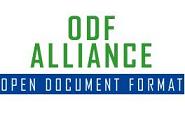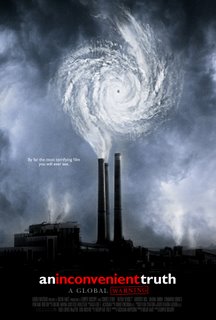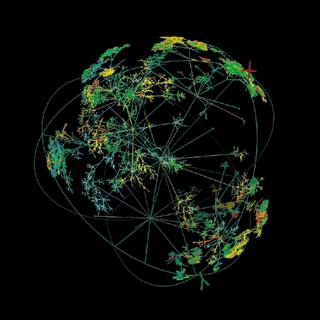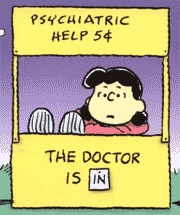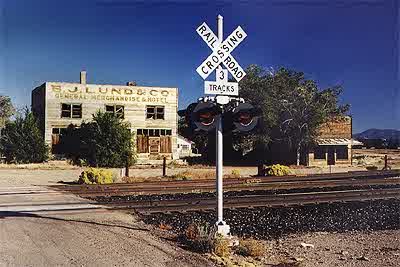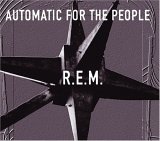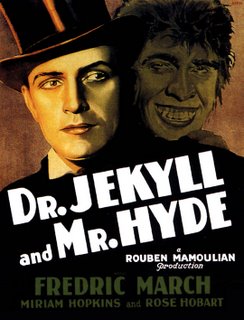
Opponents of net neutrality had their arguments aired in my last post.
Now net neutrality supporters answer back ...
Part 2: Arguments for Net NeutralityLet us be clear: The Internet will change profoundly without network neutrality. The question is: Will these changes be better or worse for consumers and innovation?
1.
Money: Yes, companies have invested huge money in broadband infrastructure. No, net neutrality is not "internet socialism." Nor does it require a government taking of private property. We should treat the internet as basic public infrastructure and invest public funds in it, in this case to pay for the ability of all users to access any website on a non-discriminatory basis. This argument was
made recently by Reed Hundt, former Chairman of the FCC (who also suggested to me that the FCC is best-placed to address net neutrality, if Congress will only let it).
Also, it is pure farce that the builders of the infrastructure are investing money without any return. The telcos and cable companies get paid every month by users of their broadband services. This will not change when new broadband is built. Users will still pay to use fast pipes, and they should still receive equally fast access to all websites on a non-discriminatory basis (even if monthly charges for broadband service rises). These companies simply want to take more money out of consumers' (and everyone else's) pockets. Oh, and those rights-of-way that the telcos and cable companies use to build their lines, they didn't pay for those. They were given to them free.
2.
Market and Choice: It would nice if broadband were a truly competitive market. But it isn't. Choices are often limited to one or two providers, making it less free market and more oligopoly, characterized by intentionally complicated, opaque pricing. These companies are simply looking to migrate their oligopoly practices and profits to the Internet which is now killing the old telephone business and threatening cable's grip on video delivery.
When this happens, the current open, user-centric internet becomes a class system. Consumers will be hostages to access providers and their hidden prices. Innovators and young companies will also suffer. Premium fees for broadband will surely be a larger burden on them than incumbant companies.
Ask yourself this: could Google have grown its search services so quickly without equal access to customers? Would google be a verb if it had faced a world of tiered pricing from the beginning?
3.
"Not Worth the Paper...": Verbal pledges by telcos and cable companies to avoid blocking or impairing competing services are not worth the paper they are printed on. It is
comments by AT&T's Chairman, Ed Whitacre or
those by Verizon CEO Ivan Seidenberg, that clearly show true intentions -- to make companies pay extra for faster broadband service. They fully intend to turn the Internet into a multi-tiered world, and their "wait and see" attitude (backed by an army of lawyers and lobbyists) is only a tactic to buy more time before forcing tiered pricing onto consumers and companies.
4.
Control: Eliminating net neutrality by definition puts more power over the Internet in the hands of telecom and cable companies. They own the infrastructure. They will have greater control over the "chokepoints" -- the pipes that deliver content and access to users. Telcos and cable companies will decide what standards should be used and how services (and content) are bundled. They will create complicated pricing options, forcing users and content companies to wrestle with decisions about content and prices.
"Pay one price" and the open Internet will be gone. Consumers will have to figure out what websites will be available with fast delivery and what will be accessed by the "slow lane." You want cheap access? Fine, but you only get content by Yahoo (thanks to some content deal between Yahoo and your cable company). Or only content on the slow lane. You want fast access to AOL content? Fine, pay more. And also Disney content? Fine, pay more. It will be a mess, unless you buy the full package (which won't be cheap).
Telcos and cable companies will control all options, and complicated business arrangements among telco/cable and content providers will dictate what's available, how fast and how much. Unless you are a small content company, in which case you may not be able to afford the price for fast delivery of your content to users. You and interested consumers will ride in the slow lane.
5.
Innovation: Making the Internet more like cable TV is hardly the formula for innovation. How much has cable innovated in the last 20 years? Which has produced more innovation -- the last 10 years of the Internet or the last 20 years of cable TV? Innovation is best served by open access and the fewest market barriers (in price, technical standards, distribution, etc). Don't expect an increasingly consolidated telecom/cable industry to leave market barriers low for the internet.
Oligopolies love tollbooths and complex pricing schemes. And that's what will come for the Internet without net neutrality.
Level playing fields maximize competition and value for consumers. This is how the Internet has grown. This is how startups and upstarts have brought innovation to the Web and the world. And that is how the Internet should remain --- open and non-discriminatory.
 Maybe a new Orange Revolution is coming. If so, the first shot was fired in the small Dutch city of Groningen.
Maybe a new Orange Revolution is coming. If so, the first shot was fired in the small Dutch city of Groningen. 